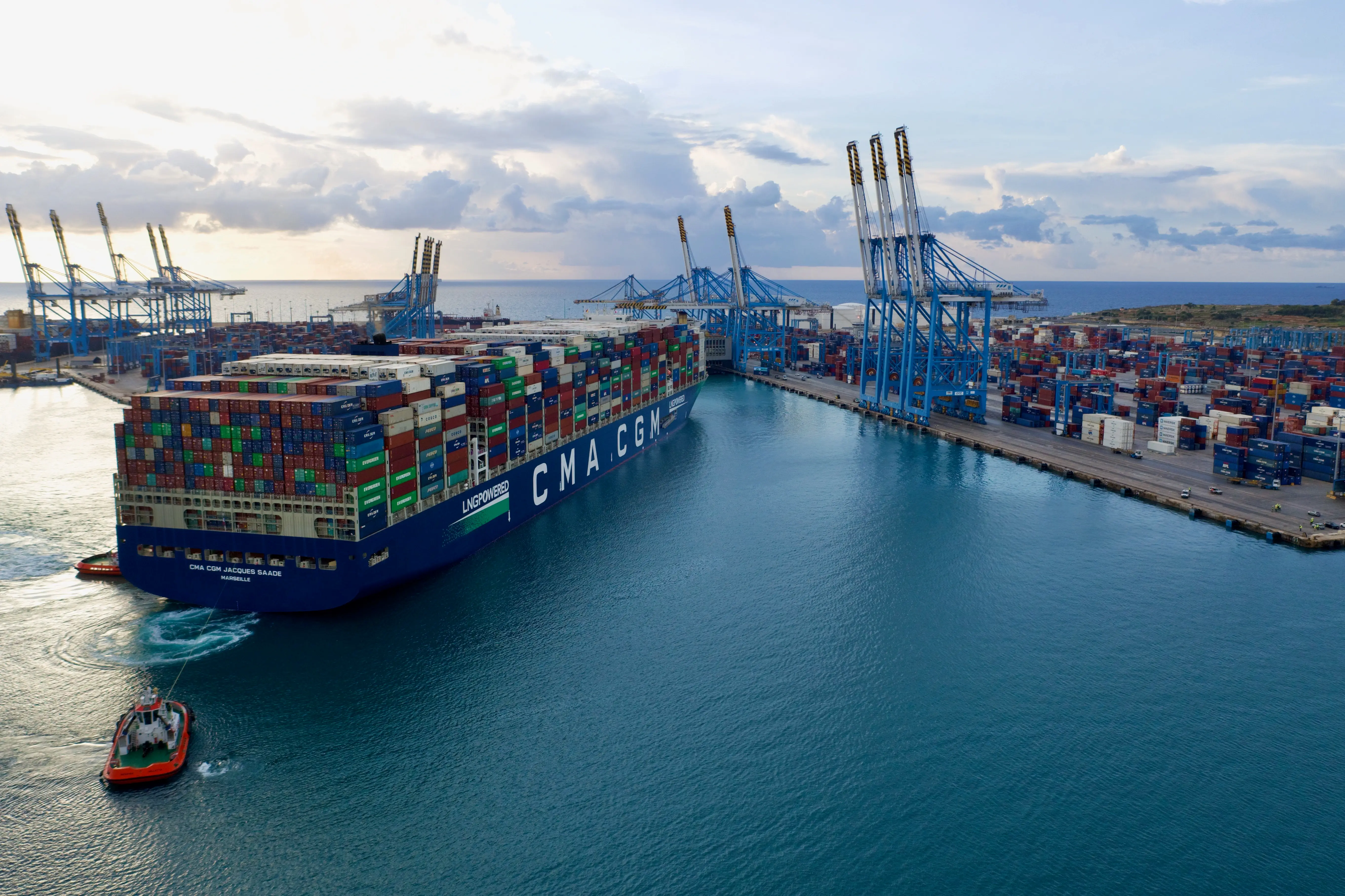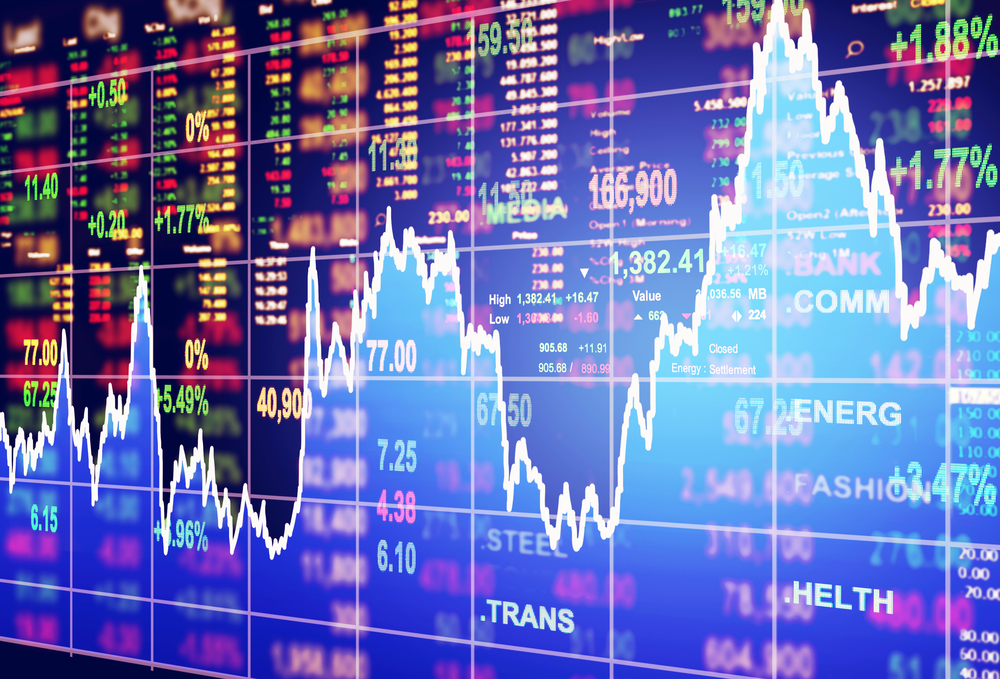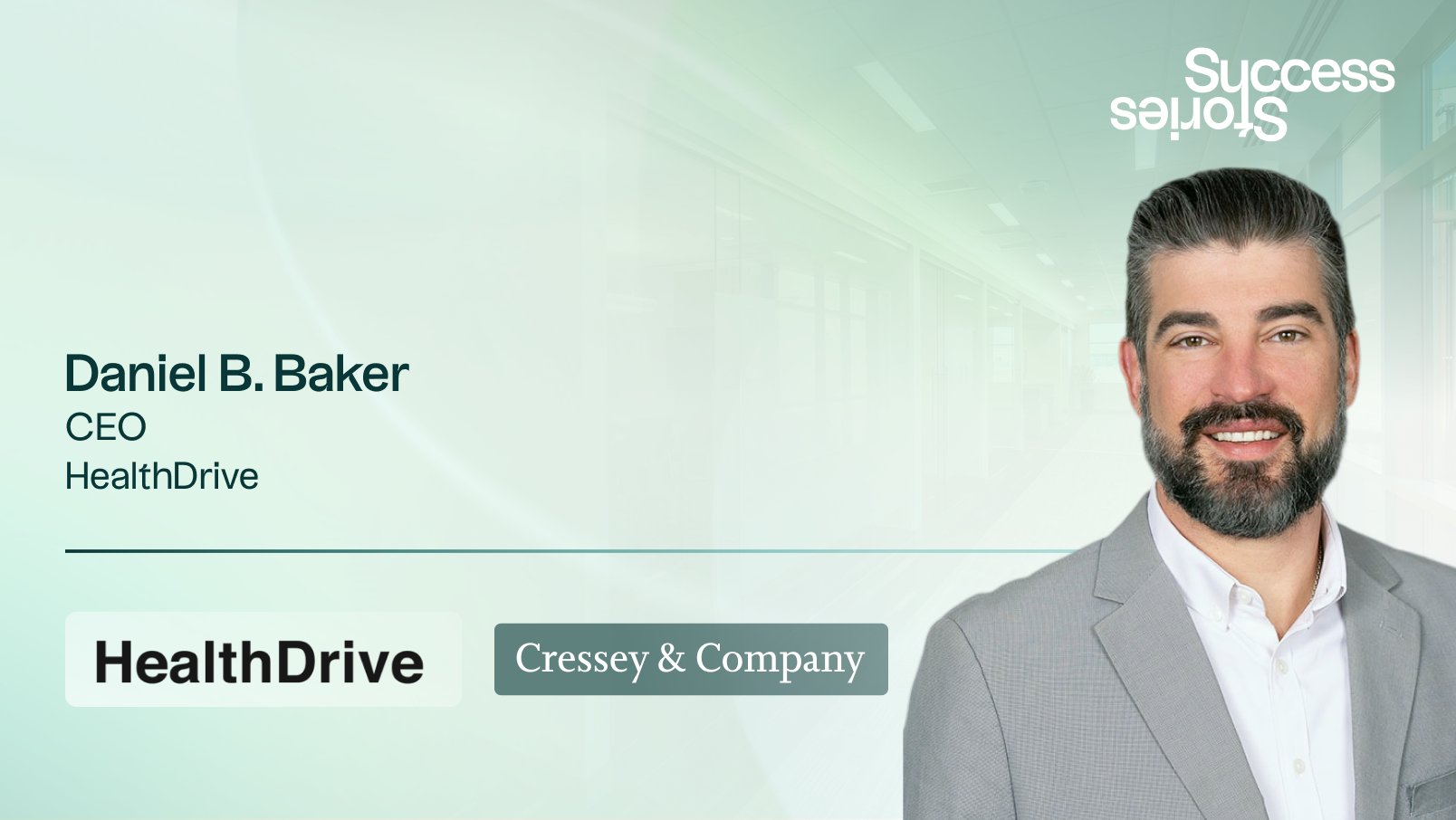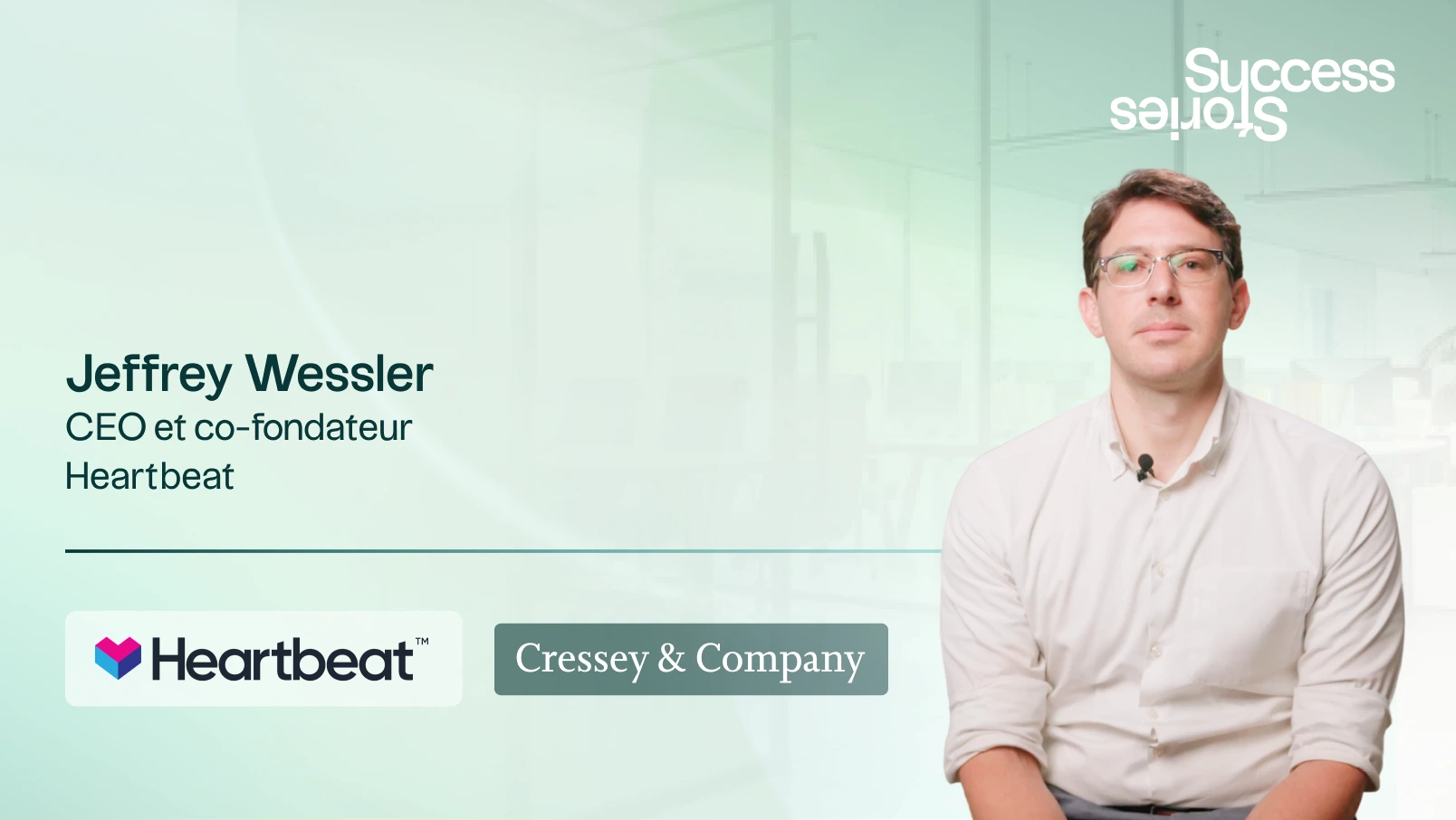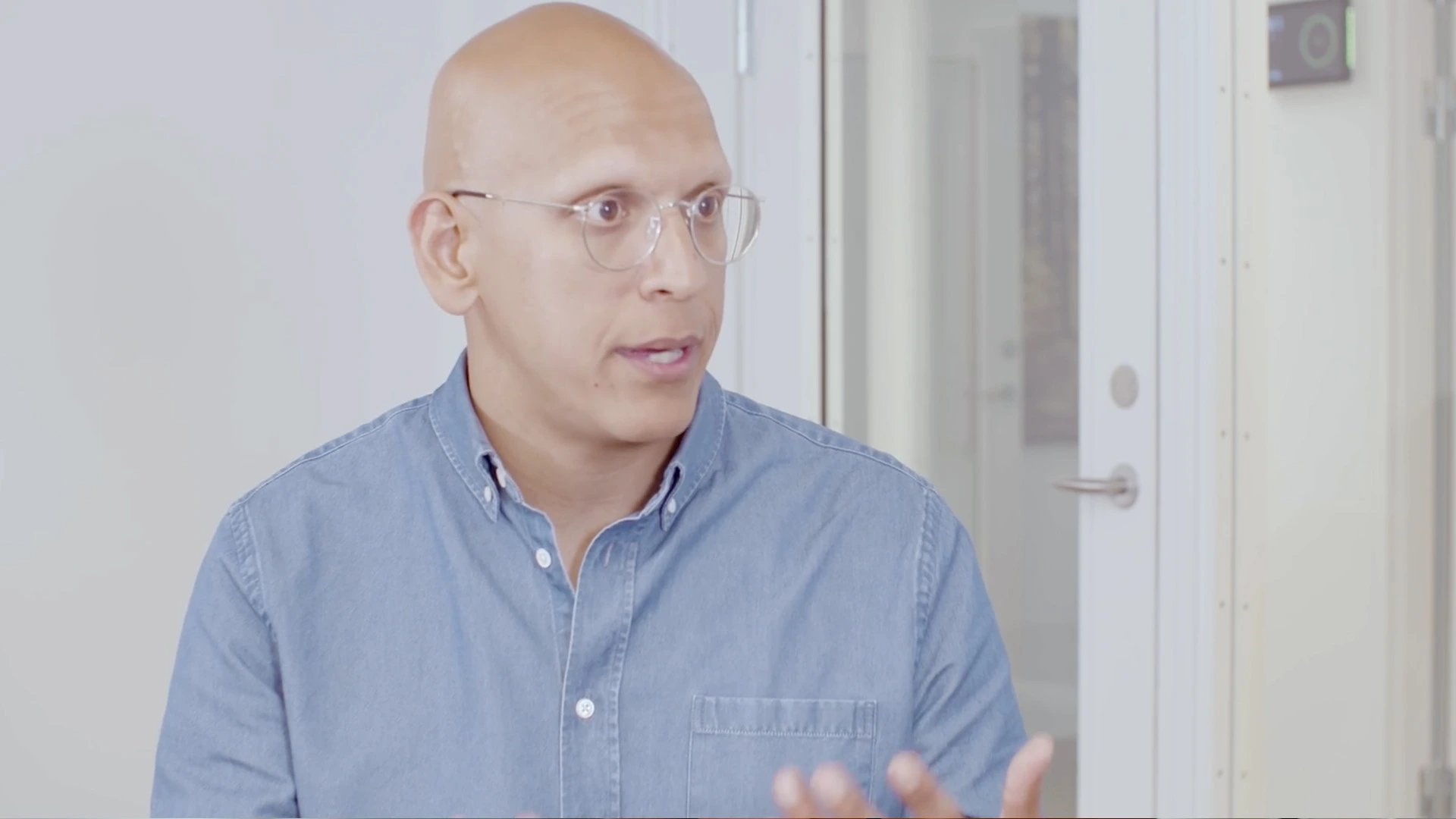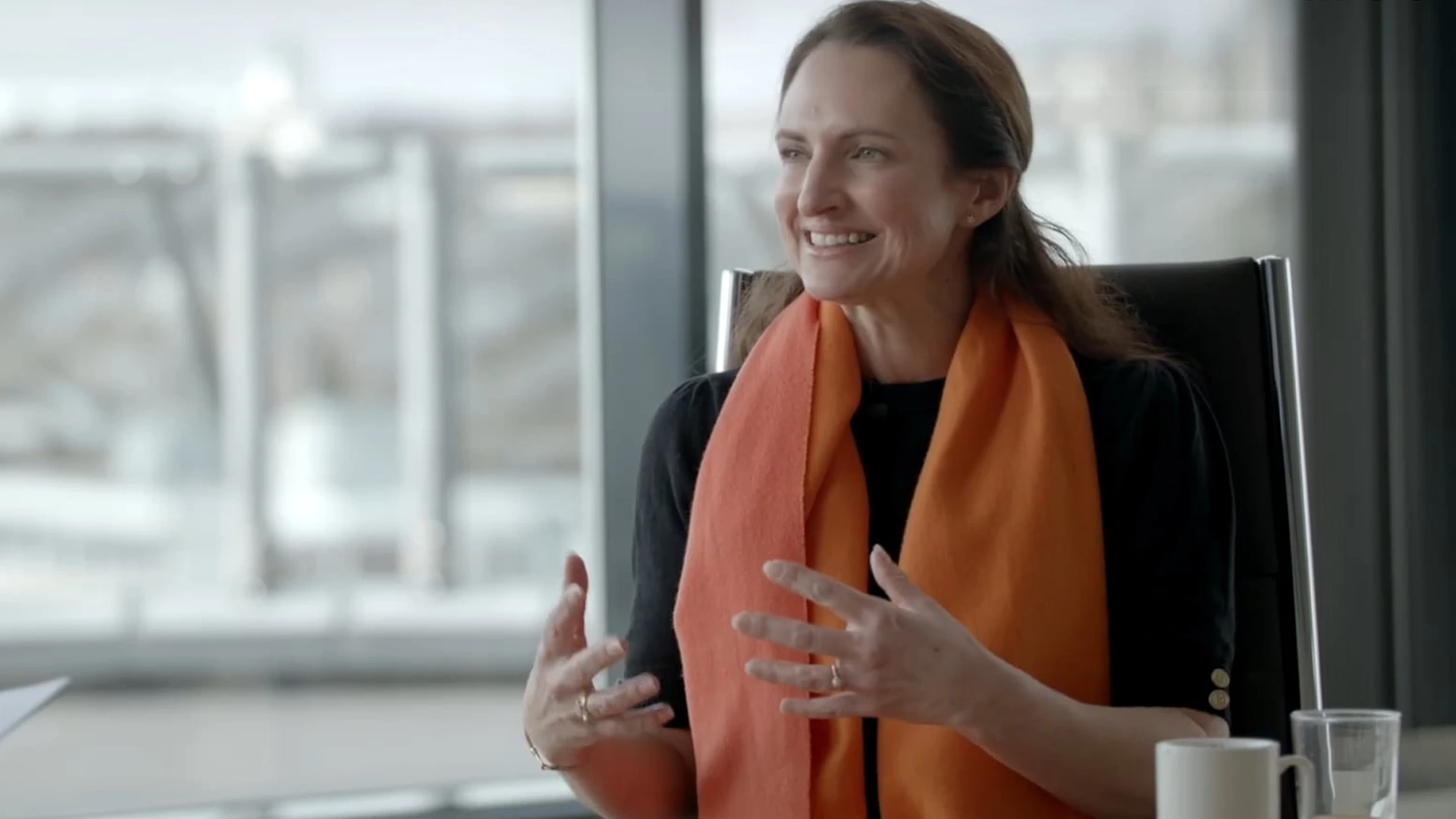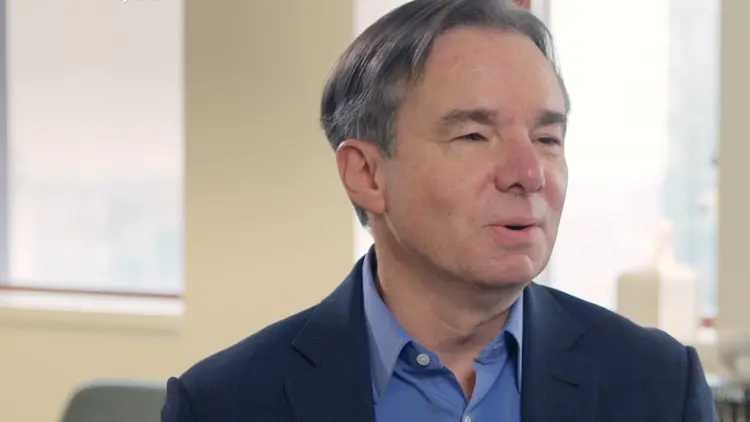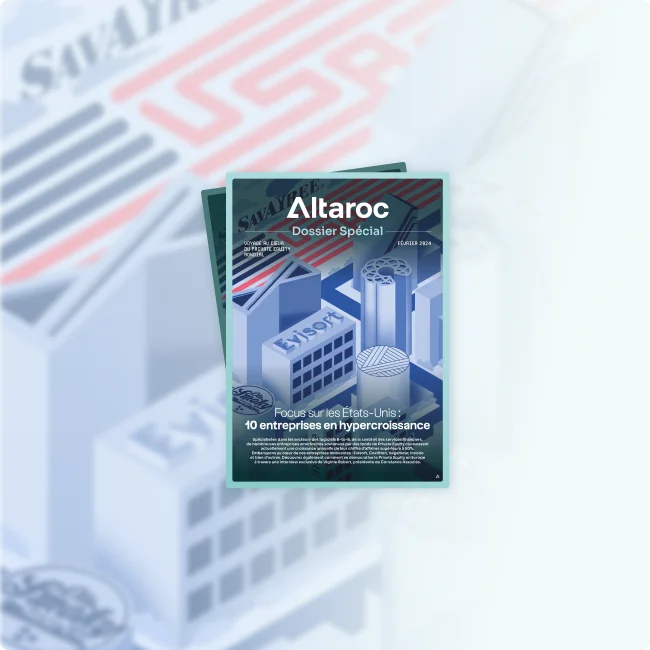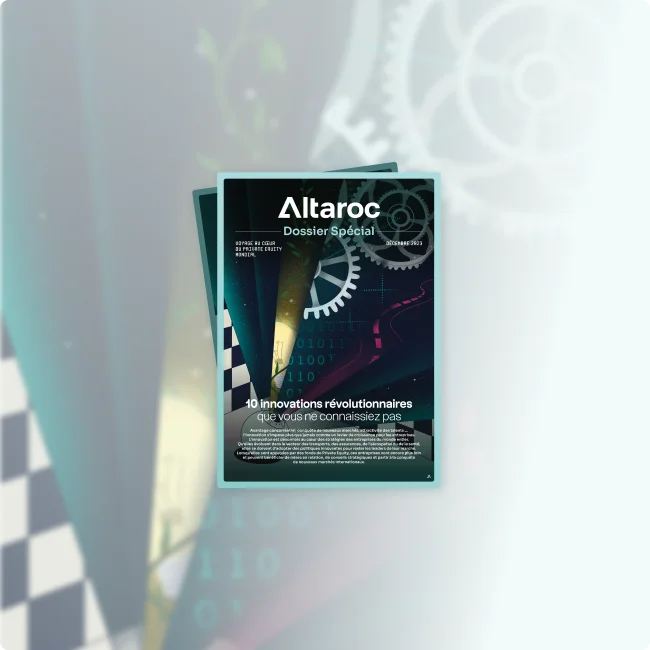
Environmental protection and sustainability have become crucial issues for consumers. According to the EY Future Consumer Index barometer, 61% of French people take sustainable development criteria into account when making purchases.

- Business leaders must therefore integrate five imperatives that have become unavoidable:
- Using sustainable development as a new driver of value creation;
- Set an ambition that goes beyond the company and act where it has strong leverage;
- Be sincere and be able to prove it with facts and figures;
- Seek a positive impact on the entire value chain and involve its ecosystem;
- Rethink the operating model to measure and create sustainable value and positive impact.
Many companies have taken these dimensions on board, and are positioning themselves as market leaders. French unicorn Back Market specializes in the reconditioning of electronic appliances. Established in 14 countries, including France, Germany, the United States, the United Kingdom and Japan, it saw its sales grow by 38% last year. Another fast-growing, environmentally-friendly company is Buff City Soap: Buff City Soap, which manufactures body care products and detergents by hand. Founded in Lithuania, Vinted has developed an online platform for selling, buying and exchanging second-hand clothing and accessories. Another company with a positive impact is Roadrunner, a pioneering American company that integrates data and new technologies to optimize waste processing.

Featured in Vintage Altaroc 2021, French unicorn Back Market specializes in the online sale of refurbished electronic products (smartphones, tablets, computers).
Founded in 2014, the company now has 480 employees, spread between Paris, Bordeaux, New York and Berlin. It is present in 14 countries, including France, Germany, the United States, the United Kingdom and Japan.
Raoul Costa de Beauregard, Back Market's Chief Operating Officer, knows that the company's growth prospects are considerable: "We're very small in this huge market - new electronics and household appliances account for 1.3 trillion euros. There's everything to do.
And the positive impact of refurbished appliances is well proven:
- 15 mining products are needed to manufacture a new cell phone, which corresponds to an average of 266 kg of extracted raw materials (gold, silver, aluminum, copper, cobalt, chromium, etc.). With 1.4 billion new phones produced every year, we are depleting our natural resources. By way of comparison, a reconditioned phone requires far fewer raw materials: 23.1 kg to replace a battery and screen, for example. A reconditioned smartphone is therefore equivalent to 243 kg of non-extracted raw materials.
- A new phone produces 84 kg of CO2, compared with 7 kg for a refurbished smartphone (including spare parts and delivery).
- The production of a new smartphone requires 89,000 liters of water (112 years of recommended water consumption for a human adult). Most of this water is used in mining and the extraction of raw materials. By choosing a refurbished model, 77,000 liters of water are saved (or 2 liters a day for 94 years).

Back Market recently obtained B Corp certification, an international label which rewards companies that meet social and environmental performance criteria. Particularly well-recognized on the other side of the Atlantic, this certification will enable the French unicorn to strengthen its presence in the United States, where it already has an office in New York.
The company has forecast sales of over 220 million euros in 2022, up 38% on 2021.

Founded in 2013, Buff City Soap hand-makes its body care products and detergents, offering an alternative to commercial soaps designed with harsh chemicals, detergents, animal fats and sulfates. Its soaps, detergents and body care products are made from plants.
The company has over 250 stores in the United States. In 2022, it posted sales of over $58 million, up 31% year-on-year.

Lithuanian unicorn Vinted has designed an online platform for selling, buying and trading second-hand clothes and accessories.
Its story began in Vilnius in 2008, when Milda Mitkute was in the process of moving house and faced a real problem: she had far too many clothes. One of her friends, Justas, offered to help and developed a website to help her sell her items quickly. Her friends signed up, as did her friends' friends, and word of mouth did the rest. The business expands. First in Germany, then in France in 2013. It acquires United Wardrobe, its competitor in the Netherlands in 2020, then Rebelle, its German competitor in 2022. Last year, the company also launched Vinted Go, a system of lockers to collect parcels directly from Franprix and Carrefour stores.
The company's environmental impact is substantial: the purchase of a second-hand item on Vinted is equivalent on average to a saving of 1.8 kg of CO2 compared to the same new item.
In 2021, the total net carbon emissions avoided by the platform was 453 kilotonnes of CO2, equivalent to the emissions produced by 275,000 round-trip flights between London and Los Angeles.

The fashion sector is one of the most polluting in the world, with a carbon footprint estimated at between 3% and 10% of all carbon emissions generated worldwide, according to figures from the World Economic Forum.
With this in mind, Vinted published its first climate impact report in March 2023, just as the global apparel market is set to grow from a value of $1.5 trillion in 2020 to around $2.25 trillion in 2025. In particular, the unicorn announced that 73% of parcels sent were collected from relay points, and 62% of sellers declared that they had reused their packaging. ESG behavior integrated into the entire chain of the company and its consumers.
French enthusiasm for Vinted continues to grow, as Thomas Plantega, the firm's Chairman and CEO, noted in June 2023: "In one year, transactions in France have increased by 230%. There are 2.2 transactions every second, for an average price of 15 euros".
Today, the company has over 80 million registered members in 18 countries, including 23 million in France, its biggest market. A total of 550 million items are available on the platform.
The unicorn is valued at $4.53 billion. Its sales are set to rise by 65% in 2021, to 245 million euros.

Founded in 2014, US company Roadrunner has developed a unique, customized recycling program for businesses. The programs designed by Roadrunner enable them to save up to 20% on their monthly waste treatment and recycling costs. This is achieved through a personalized, data-driven approach.
Its technology is applied in over 20 sectors, including healthcare, retail and hospitality.
To date, Roadrunner supports over 6,000 customers and has helped companies divert 130,000 tonnes of waste from landfill, while increasing recycling rates by an average of 10 times and saving over $20 million on recurring waste and recycling costs.

The company has forecast sales of nearly $130 million in 2022, up 48% on 2021.
Back Market, Buff City Soap, Vinted and Roadrunner are 4 companies featured in the Vintage Altaroc Odyssey 2021.


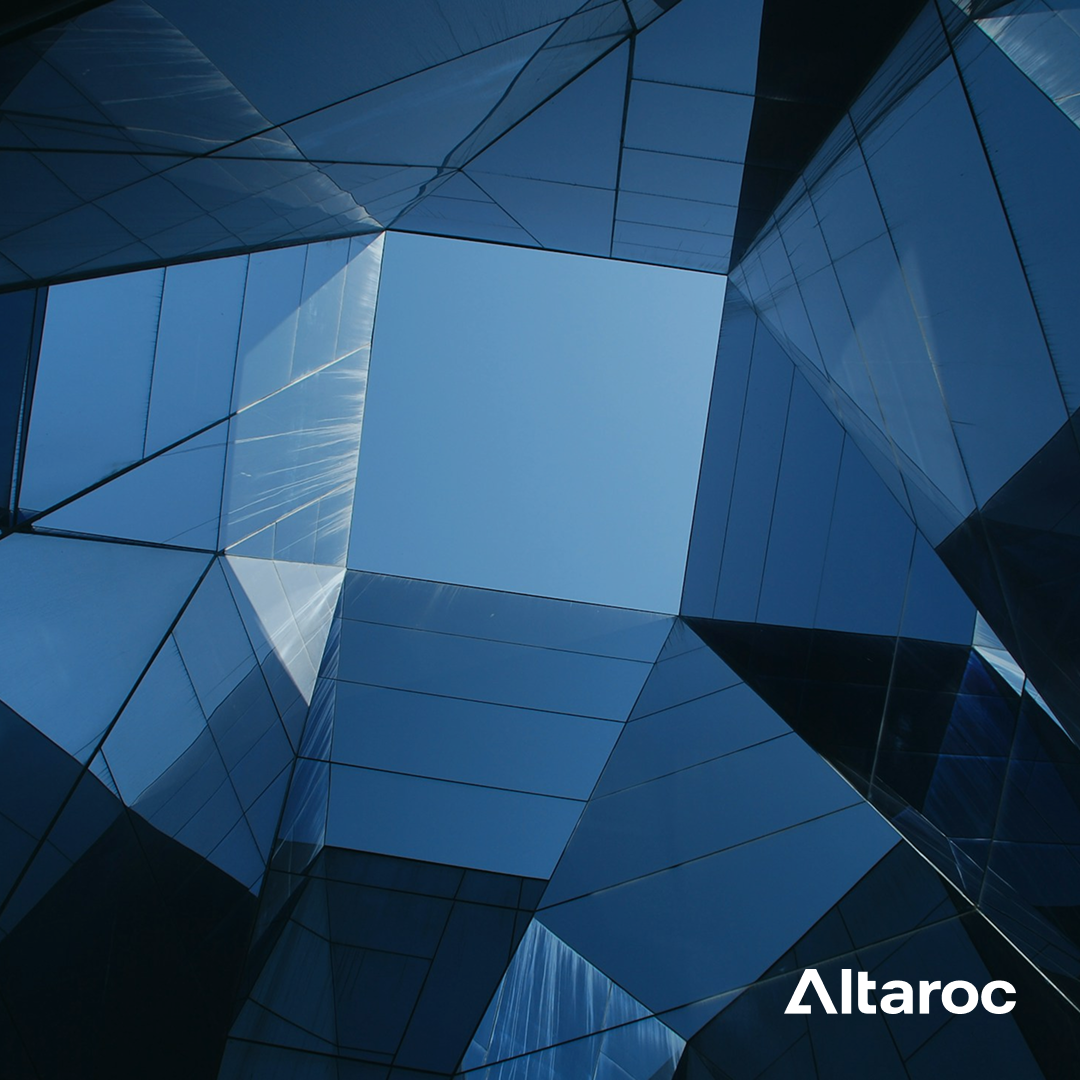
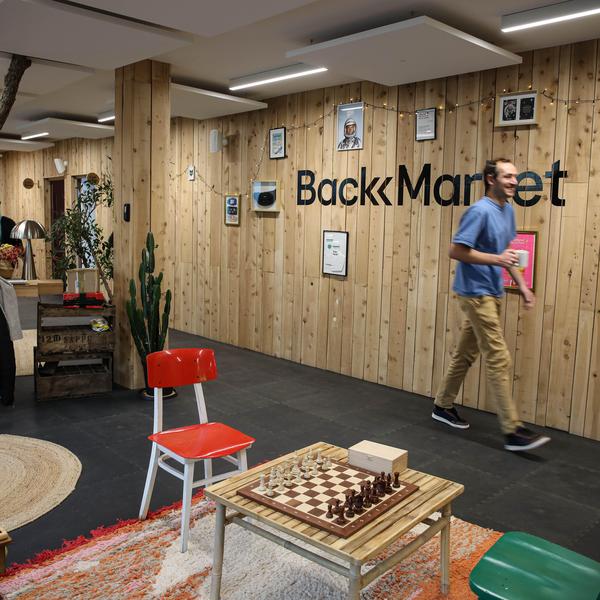
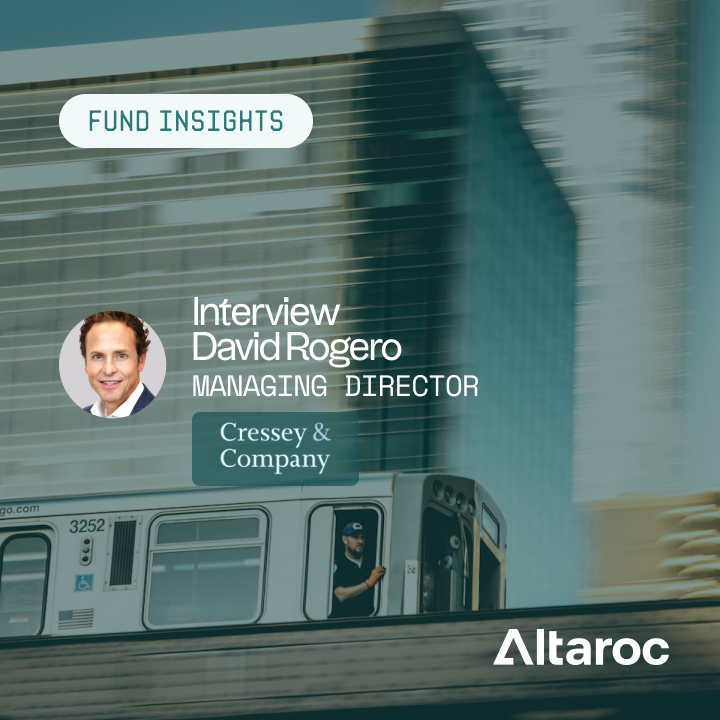
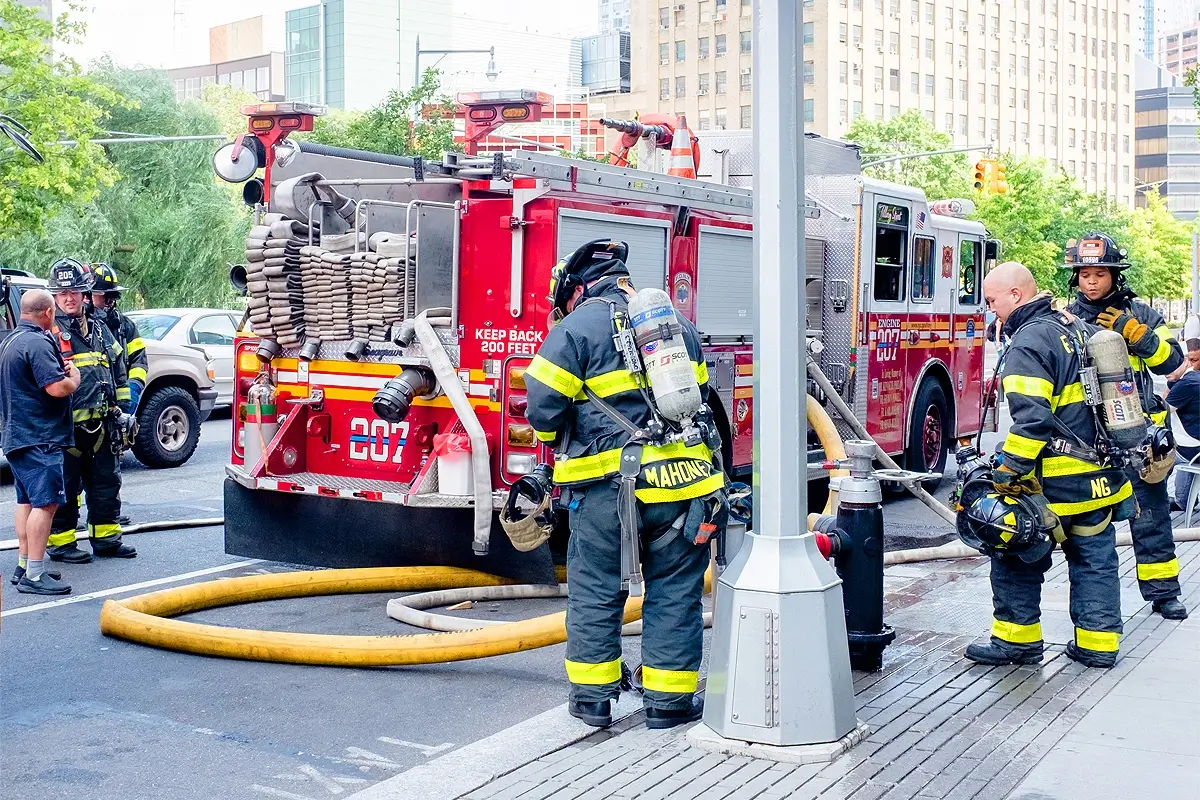
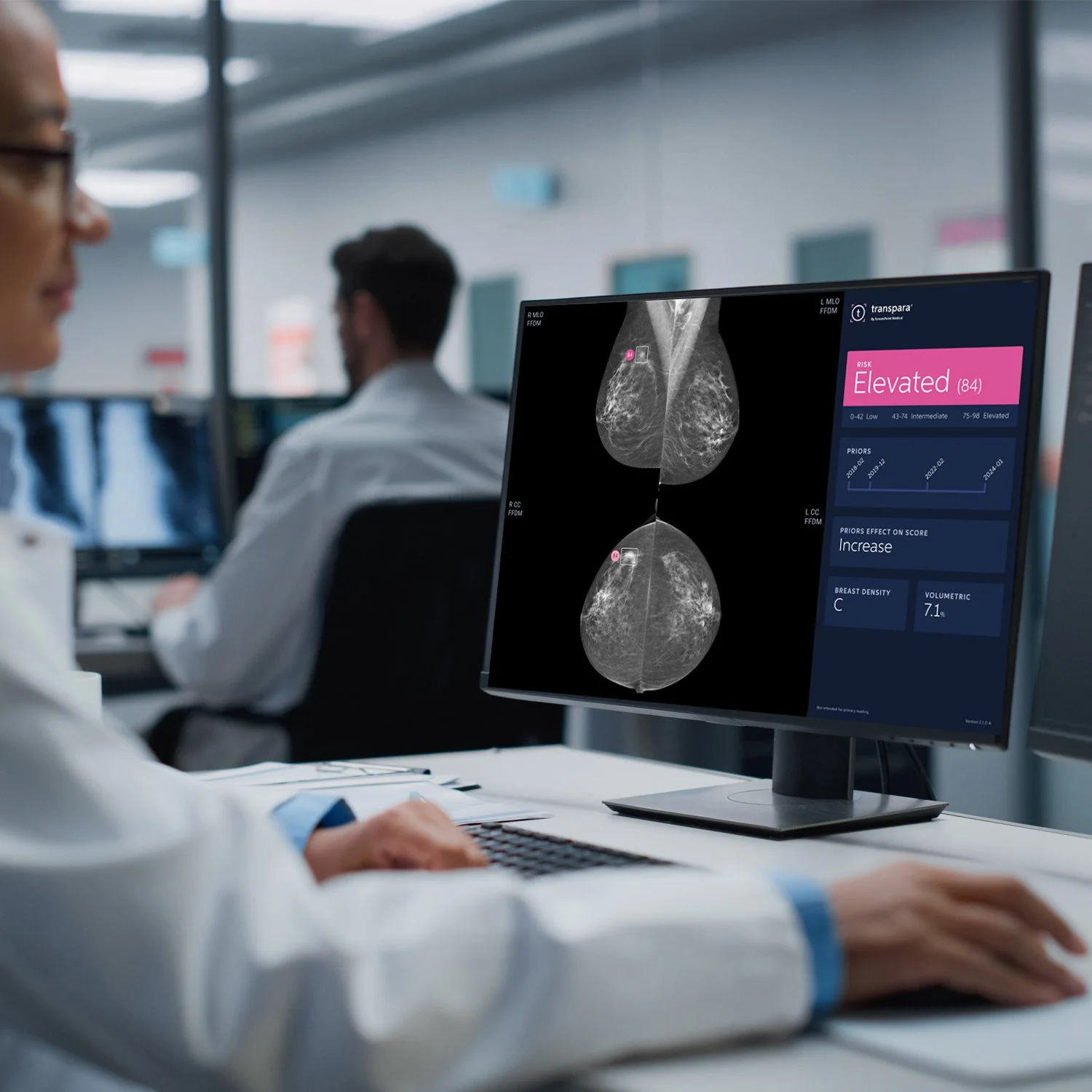
.webp)
